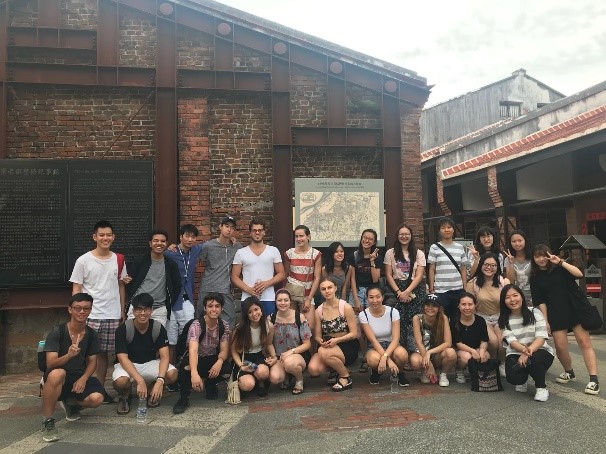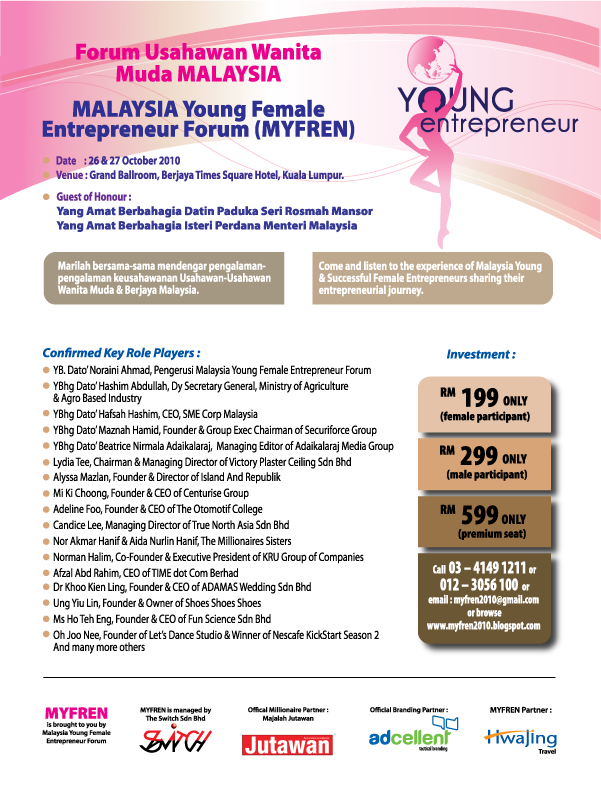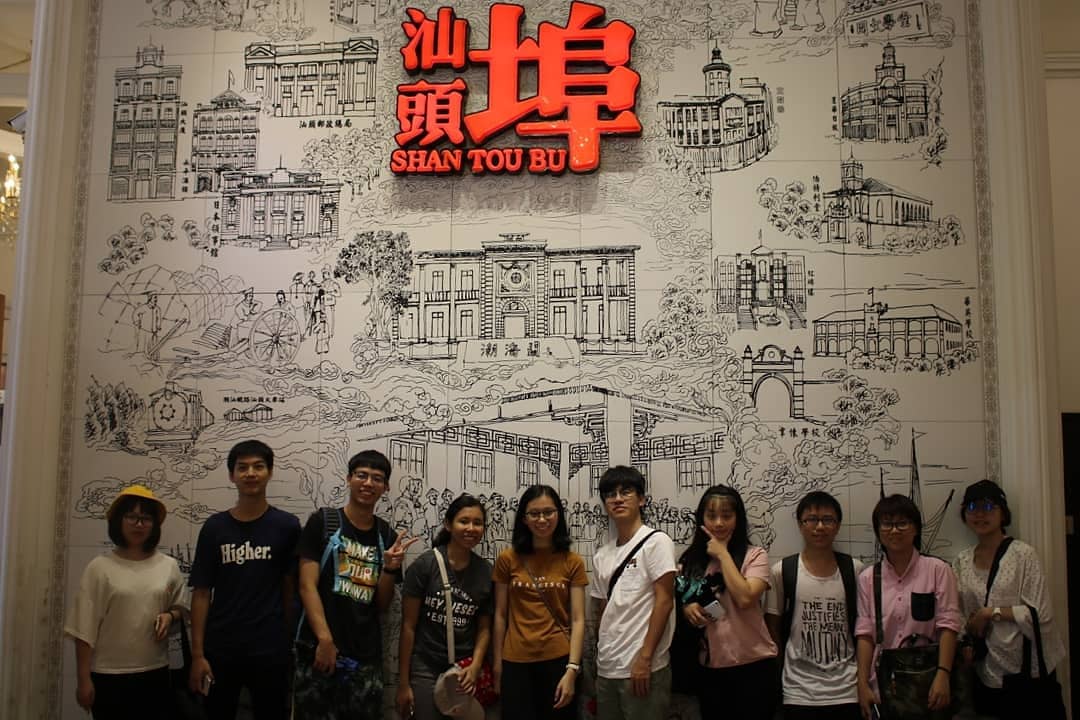
In the previous blog, I mentioned Maslow’s Hierarchy of Needs that explains human motivation and relates to youth retention in a company. Self-actualization is placed at the top of Maslow’s pyramid which means it is the highest level of motivation.
What is self-actualization?
(Maslow, 1965).
In other words, self-actualization is when one maximises its potential in doing something that they are good at and enjoy the most. In the context of youth who just joined the workforce, personal development is one of the main factors that influences the youth’s retention rate. Youth Consultancy Report by AIESEC in Malaysia highlights the significance of personal development for the youth to stay in the company. Why does personal development matter to youth in their first 2 years of career?
1. To Develop Strengths
Everyone has their own strengths and weaknesses. As a young person myself, I would prefer to focus on my strengths rather than my weaknesses. Strength is not only something that I am good at but it can also be something that I enjoy. For example, I love planning and I always plan my short trip with my friends. To make sure I go out of my comfort zone even with something I am skilled at, I signed up for a committee role and planned a bigger trip for the society’s members.
When it comes to strength, I am motivated to challenge myself. Providing an environment for young employees to work on their strength would allow them to contribute the best to their work.
2. To Build Confidence
As someone who just joined the workforce, a young person would likely feel intimidated by his/her senior colleagues. By developing themselves, especially their strength as mentioned previously, they can be confident in representing themselves. While one can argue that weaknesses might be holding them back, a workplace that provides an environment where one can assess their traits will increase the employees’ self-awareness. Young employees will become more empowered if their personal development focuses on working around the weaknesses and developing the strength, making them competent all-rounders.
However, the downside is that sometimes young employees tend to conceive overconfidence and demand a faster career progression. From the management’s point of view, these young employees are not ready yet. Therefore, constant conversation on personal development is a must to align the development’s progress with career progression’s readiness.
3. To Have Clarity on Personal Goal
Most young people do not know exactly what they want to do and achieve right after graduation. Personal development allows one to explore many opportunities for them to figure out their true passion. Having a clear goal in life is important to keep oneself accountable.
Imagine not having a clear finishing line in a race, when will you stop running?
You will get exhausted without knowing your progress which consequently leads to demotivation. Thus, a personal development plan will allow the young employees to track their progress and motivate them to set a clear and challenging goal. The employees are not just meeting the bare minimum KPI but exceeding them.
4. To Boost the Quality of Life
Personal development brings improvement to a person, allowing them to be the best version of themselves every day. Being satisfied and fulfilled with the job that they are working on will bring happiness to them. Thus, it is easier to achieve a work-life balance. Work-life balance does not necessarily mean adjusting work and non-work equally. It can also mean being content with the work to an extent it does not affect the lifestyle or perhaps, assimilate itself to the life. As a result, one will enjoy their life which boosts the quality of life.
I also asked the same question to our alumna who worked in the HR department. Jessica, a L’oreal employee for nearly 7 years emphasised personal development to the youth because they need to gain as many experiences as possible.
Meanwhile, Karen, who is a Maxis employee, talked about the trend happening around the youth employee. She said young people tend to demand a career promotion after one to two years of working. It implies how much youth is seeking to develop themselves both personally and professionally.
Source:
Maslow, A., 1965. Self-actualization and beyond.
Interested to read the full report? Please leave your general information below and our team will send you a copy of the report!

Aina Dayana Muhammad Riadz
B2B Marketing Content Creator of AIESEC in Malaysia
An organised and rational Malaysian final year Accounting and Finance student studying in UK with strong attention to detail. Constantly seek self-improvement and enjoy experiencing new things.

Aina Dayana Muhammad Riadz
B2B Marketing Content Creator of AIESEC in Malaysia
An organised and rational Malaysian final year Accounting and Finance student studying in UK with strong attention to detail. Constantly seek self-improvement and enjoy experiencing new things.







